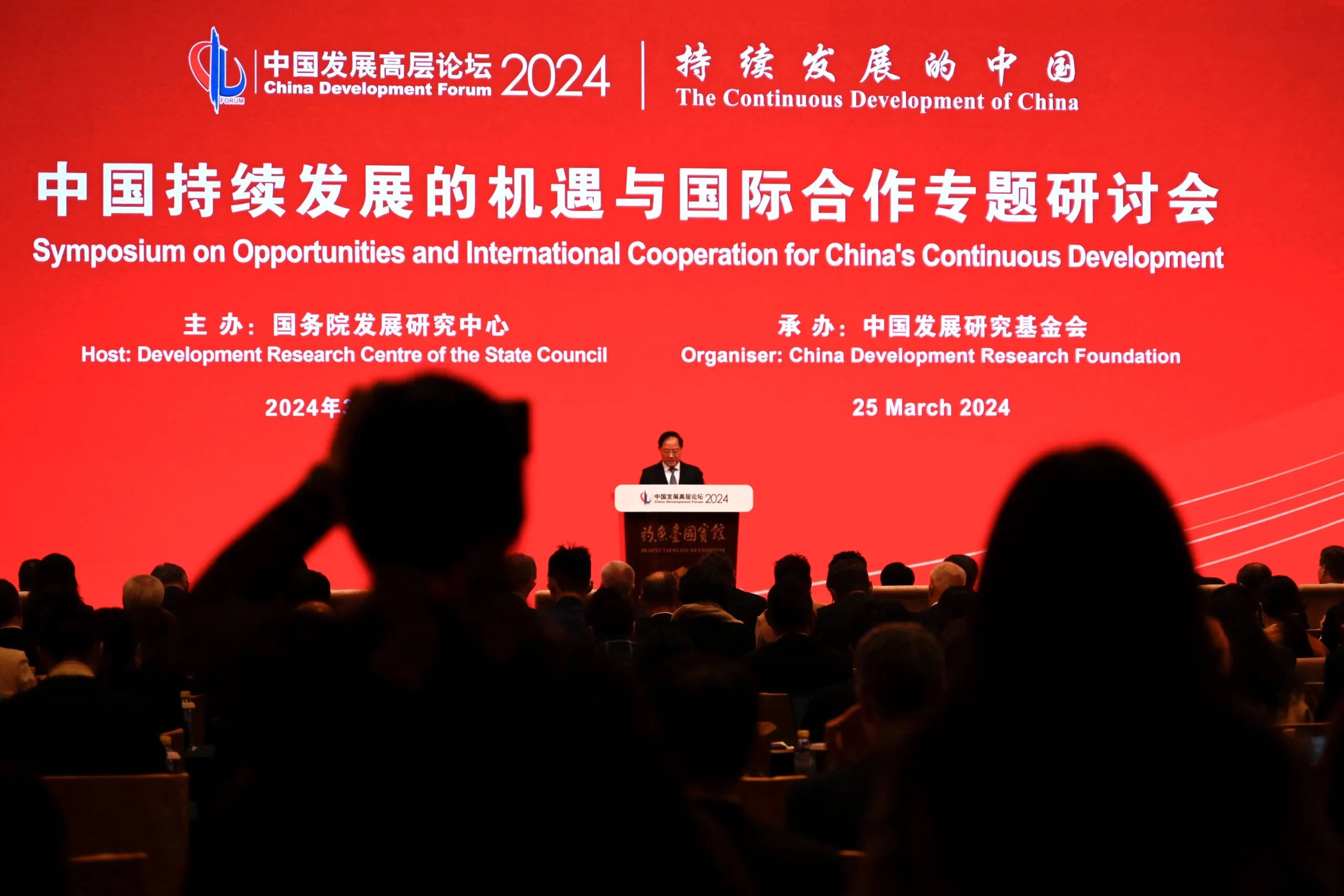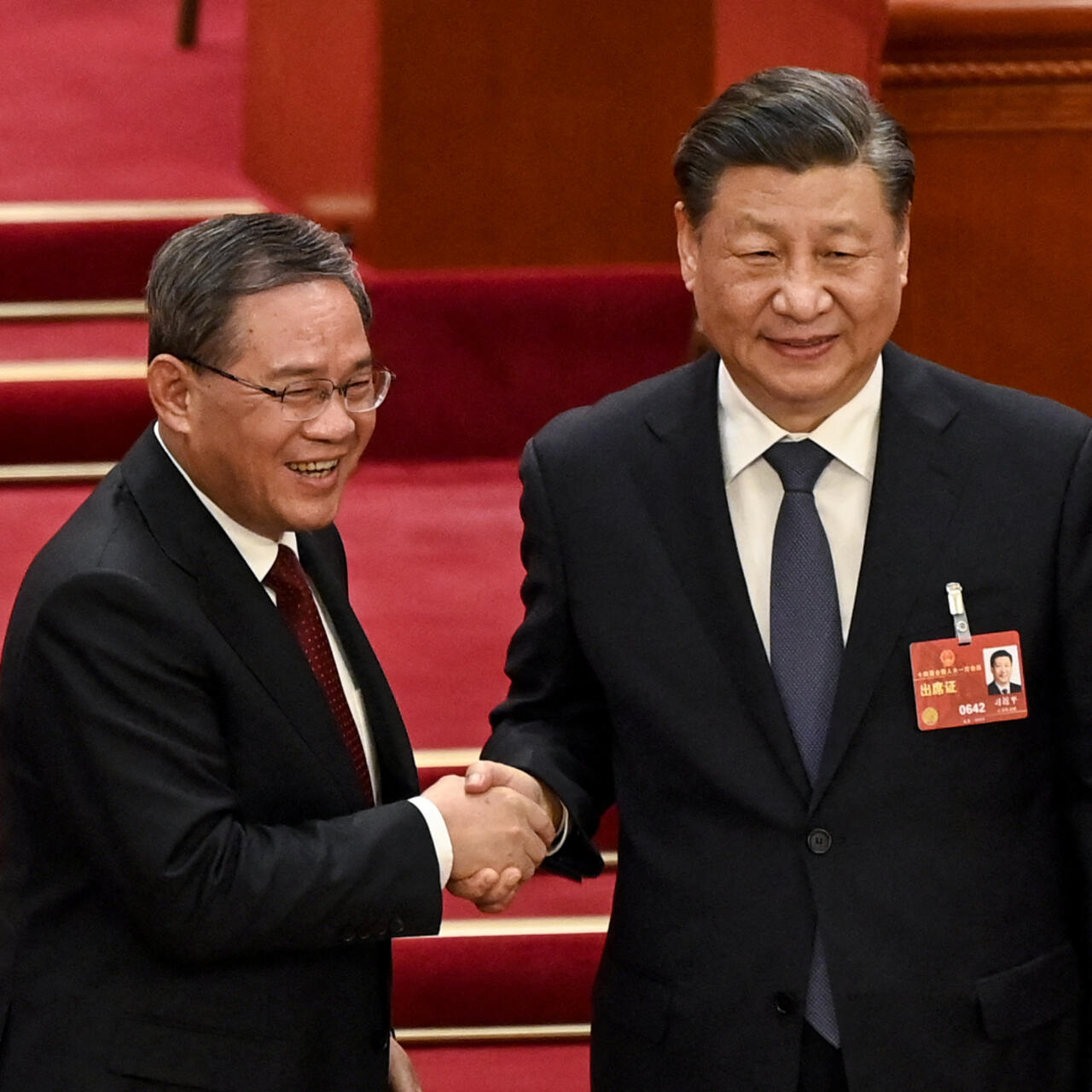Premier Li Qiang addressed a gathering of global CEOs and Chinese policymakers on Sunday, highlighting China’s forthcoming regulatory measures concerning market access and cross-border data flows.
“We cordially welcome companies from all countries to invest in China and deepen their foothold in China,” Li expressed.
Li also emphasized China’s commitment to nurturing emerging industries like biological manufacturing and advancing artificial intelligence and the data economy at the China Development Forum in Beijing.
Following a nearly 20% decline in investment inflows in January-February, China announced the easing of some foreign investment regulations on Tuesday.

Additionally, China’s cyberspace regulator relaxed certain security regulations on data exports on Friday, easing concerns among foreign firms operating in China.
He highlighted the effectiveness of measures introduced last year to mitigate property and debt risks, including the issuance of 1 trillion yuan ($140 billion) in ultra-long special treasury bonds to stimulate investment and stabilize economic growth.
The China Development Forum, organized annually by Beijing since 2000, serves as a platform for global CEOs and Chinese policymakers to discuss foreign investment. Notable attendees include Apple CEO Tim Cook and Bridgewater Associates founder Ray Dalio.
While Li is not scheduled to hold a meeting with visiting foreign CEOs at this year’s forum, President Xi Jinping reportedly plans to meet a group of U.S. business leaders after the conference, indicating Beijing’s ongoing efforts to attract American firms amid rising foreign capital outflows.

To address the slowdown in foreign investment, China aims to create a fair playing field for foreign firms, remove barriers to overseas access in its vast manufacturing sector, and promote expansion in areas such as telecommunications and healthcare.
Despite a solid start to the year, analysts view Li’s annual growth target of around 5% as ambitious due to challenges posed by the property crisis and sluggish household consumption resulting from modest income growth and job market uncertainty.







Leave a Reply